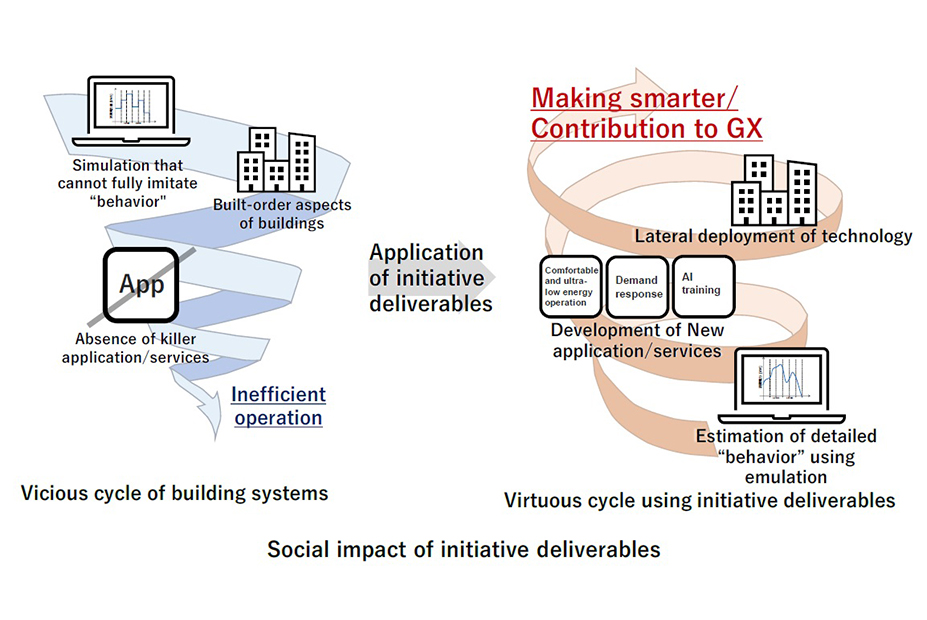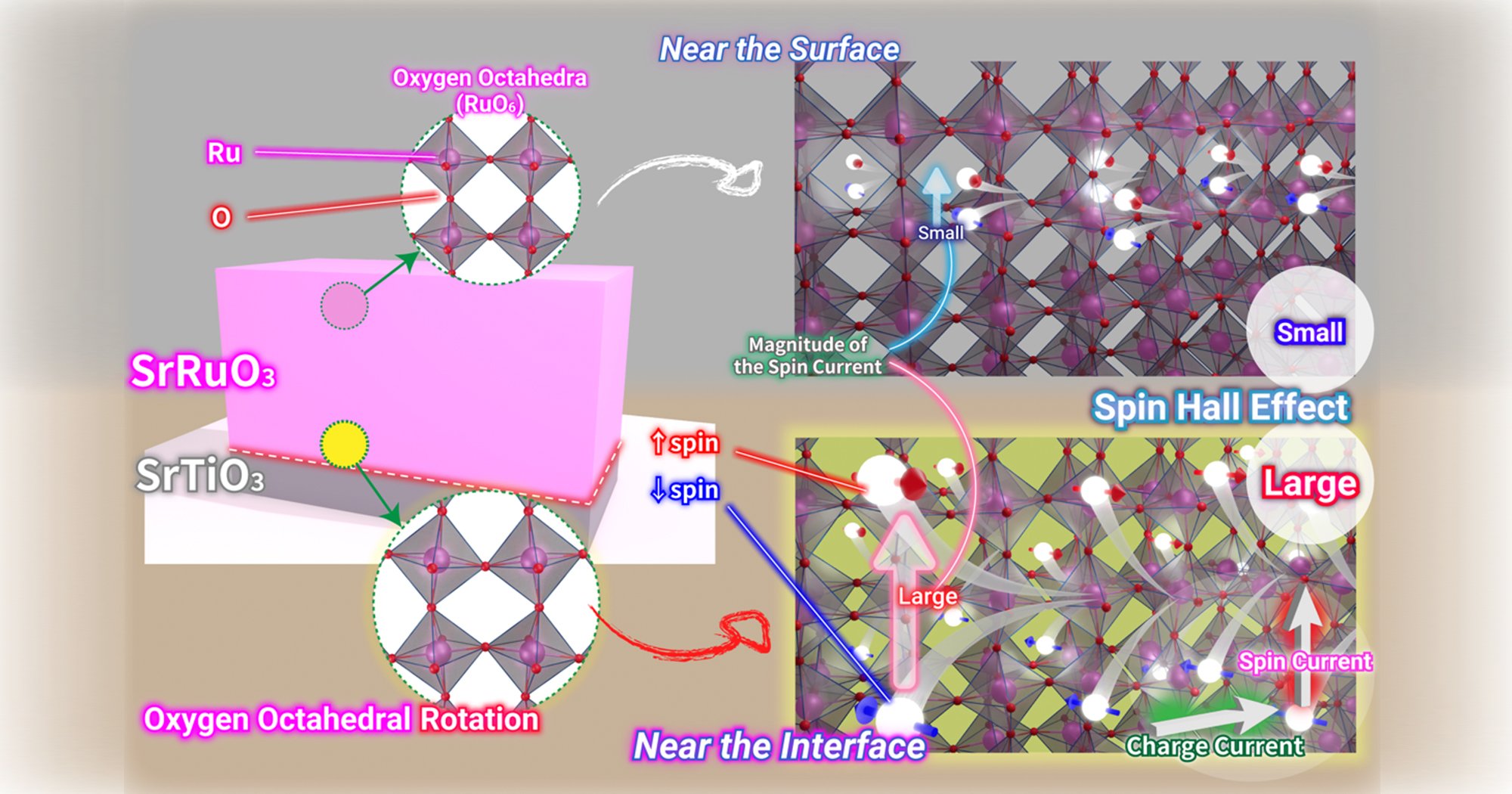The University of Tokyo and 16 Organisations Announce Launch of Joint Research Initiative to Achieve a Carbon-Neutral Society
Establishment of the Social Collaboration Program “Materials for Future Energy Infrastructure Trust (MEIT)”
The University of Tokyo (President: Teruo Fujii, hereinafter “UTokyo”) and 16 organisations—IHI Plant Services Corporation, INPEX CORPORATION, ENEOS Xplora Inc., Kanadevia Corporation, Kawasaki Heavy Industries, Ltd., Kobe Steel, Ltd., JFE Engineering Corporation, JFE Steel Corporation, JERA Co., Inc., TOKYO GAS NETWORK Co., Ltd., Namura Shipbuilding Co., Ltd., NIPPON STEEL ENGINEERING CO., LTD., NIPPON STEEL PIPELINE & ENGINEERING CO., LTD., NIPPON STEEL CORPORATION, ClassNK and Mitsubishi Heavy Industries, Ltd.—have jointly established the Social Collaboration Program*1, “Materials for Future Energy Infrastructure Trust (MEIT)”, to scientifically elucidate and standardise the material reliability of energy infrastructure supporting a carbon-neutral society. The joint research will commence on 1st May 2025. Kobe Steel, Ltd., JFE Steel Corporation, NIPPON STEEL CORPORATION, and ClassNK play a role as the lead organization.
This program aims to evaluate the material reliability essential for ensuring the long-term integrity of infrastructure and cargo/fuel tanks for decarbonised energy carriers such as liquefied hydrogen and ammonia as well as structures for liquefied and high-pressure CO2 in Carbon Capture and Storage (CCS) projects. Through these efforts, the initiative seeks to accelerate the development of energy infrastructure for a carbon-neutral society, address domestic demand and enhance international competitiveness.
*1 A collaborative research framework between UTokyo and 16 organisations, funded by joint research expenses borne by the participating organisations under a contract. It enables interdisciplinary collaboration among researchers and the formation of research teams to address comprehensive societal challenges; thus, allowing them to overcome the limitations often found in conventional and ad-hoc collaborations between individual researchers and companies.
Overview of the Social Collaboration Program
As society transitions to carbon neutrality, energy infrastructure is shifting significantly from fossil fuels to new systems utilising hydrogen and ammonia. This includes liquefied hydrogen tanks, ammonia tanks, CO2 tanks and high-pressure CO2 pipelines, all of which require material reliability evaluations to ensure long-term safety and economic viability. The program will establish material selection criteria, post-weld heat treatment omission standards and fracture prevention criteria to optimise infrastructure construction costs and promote international standardisation that contributes to a sustainable energy society.

<Program Name>
Social Collaboration Program “Materials for Future Energy Infrastructure Trust (MEIT)”
<Period>
1 May 2025 – 30 April 2030
<Joint Research Topics>
・Development of fracture evaluation technologies and standards for large-scale liquefied ammonia tanks (stress corrosion cracking prevention and omission of post-weld heat treatment).
・Development of fracture evaluation technologies and standards for large-scale liquefied CO2 tanks (omission of post-weld heat treatment).
・Establishment of rapid ductile fracture prevention standards for high-pressure CO2 pipelines in CCS projects.
・Enhancement of reliability and evaluation technologies for next-generation materials (cost-effective stainless steel and low-nickel steel) for large-scale liquefied hydrogen tanks.
<Collaborating Faculty>
School of Engineering, The University of Tokyo
<Joint Research Team>
- UTokyo Faculty
- Tomoya Kawabata (Specially Appointed Professor, School of Engineering, concurrent)
- Nobuhiro Yoshikawa (Specially Appointed Professor, Institute of Industrial Science, concurrent)
- Takayoshi Himeno (Specially Appointed Professor, School of Engineering, concurrent)
- Shunsuke Yagi (Specially Appointed Professor, Institute of Industrial Science, concurrent)
- Shoichi Nambu (Specially Appointed Associate Professor, School of Engineering, concurrent)
- Shohei Uranaka (Specially Appointed Assistant Professor, School of Engineering, concurrent)
- Mitsuo Kimura (Senior Researcher, School of Engineering)
- Chong Gao (Specially Appointed Assistant Professor, School of Engineering
- Participating Organisations (*Lead organisation)
- IHI Plant Services Corporation
- INPEX CORPORATION
- ENEOS Xplora Inc.
- Kanadevia Corporation
- Kawasaki Heavy Industries, Ltd.
- Kobe Steel, Ltd.*
- JFE Engineering Corporation
- JFE Steel Corporation*
- JERA Co., Inc.
- TOKYO GAS NETWORK Co., Ltd.
- Namura Shipbuilding Co., Ltd.
- NIPPON STEEL ENGINEERING CO., LTD.
- NIPPON STEEL PIPELINE & ENGINEERING CO., LTD.
- NIPPON STEEL CORPORATION*
- ClassNK*
- Mitsubishi Heavy Industries, Ltd.
<Research Structure>
Kobe Steel, Ltd., JFE Steel Corporation, NIPPON STEEL CORPORATION, and ClassNK will serve as lead organisations (collaborating with UTokyo to manage the program’s foundation) and participate in all research projects. Other companies will join as participating organisations, addressing the planning and review of one or more projects as well as supporting national R&D initiatives and standardisation processes alongside UTokyo. Intellectual property protection, such as co-owned patents, will be actively pursued for new findings from the joint research. Additionally, the program will foster exchanges between UTokyo students and organisation researchers to secure outstanding talent in this field.
Link to Press Release PDF
You May Also Like
These Related Stories

Establishment of a Social Corporation Program for Smart Building Systems by the University of Tokyo and Nine Private Business Entities

Tiny Shifts of Oxygen Atoms Enable Magnetization Reversal: Breakthrough in Highly Efficient Magnetization Switching in a Single-Layer Ferromagnetic Weyl Oxide


